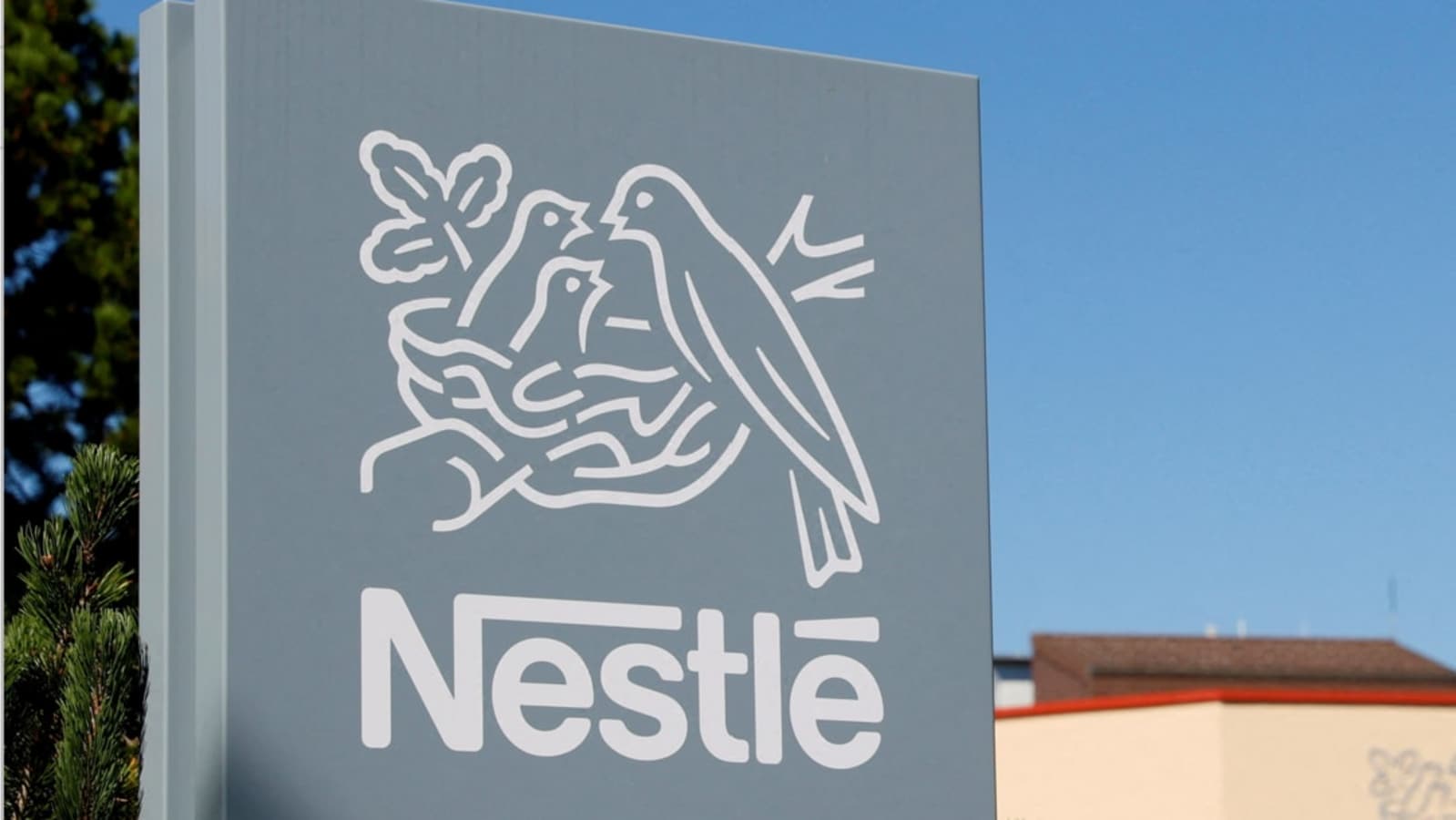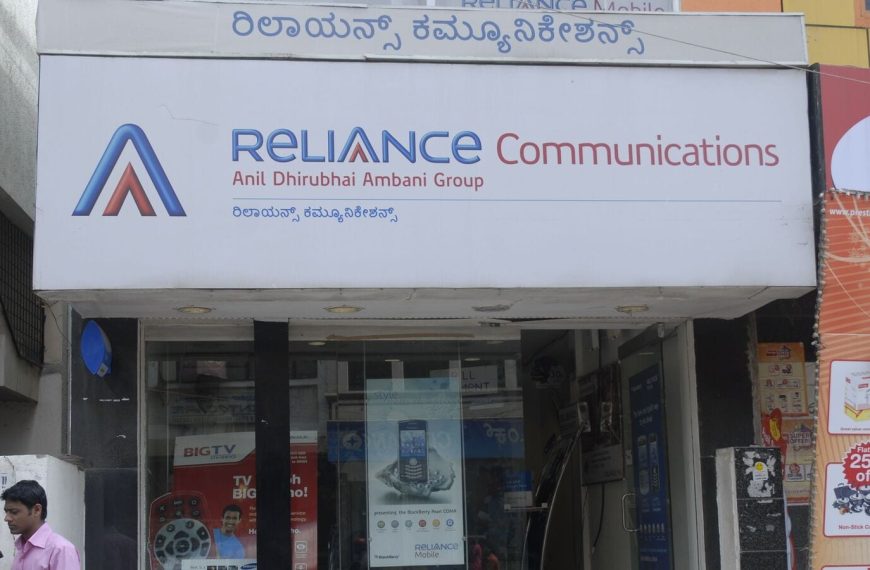Nestlé India has faced a downturn in its stock price for the third consecutive day, following a downgrade from BofA Securities. This global brokerage firm has reduced its target price for the shares by 7.5%, leading to a noteworthy drop in trading. As of 9:30 AM on Thursday, Nestlé India’s shares declined by 0.5%, settling at ₹2,200.80 on the National Stock Exchange (NSE).
Nestlé India Shares Face Downgrade
BofA Securities has revised its rating on Nestlé India from "neutral" to "underperform," lowering the target price from ₹2,315 to ₹2,140 per share. This adjustment indicates a potential decline of 4.2% from the last closing price of ₹2,234. The brokerage’s assessment highlights several challenges that the company may encounter in the near future.
Key Challenges Identified
According to BofA Securities, Nestlé India is grappling with sluggish demand, rising operational costs, and increased competition. These factors create a difficult environment for the company, which could impact its performance in the upcoming quarters. The report emphasizes that, despite significant inflation in key commodities like coffee and cocoa—affecting 30% of Nestlé’s portfolio—pricing strategies will remain crucial for growth.
- Demand Challenges: Sluggish consumer demand is a primary concern.
- Cost Pressures: Rising costs are squeezing profit margins.
- Competitive Landscape: Intensifying competition is affecting market positioning.
Growth Outlook and Expectations
While the brokerage anticipates some volume recovery from a low base, overall growth is expected to be moderate. BofA Securities suggests that navigating the rapidly evolving consumer landscape and competitive dynamics will be critical for Nestlé India. The firm noted that the company’s operating margins might face constraints and could potentially decline further.
In its analysis, BofA also pointed out that Nestlé India’s valuation appears elevated compared to its growth prospects and that earnings estimates have been adjusted downward by 3% to 5% to reflect recent trends and rising costs.
Broader FMCG Market Trends
BofA Securities has not only downgraded Nestlé India but also made similar changes to another prominent FMCG player, Hindustan Unilever (HUL), adjusting its rating to "neutral." The brokerage indicated that although HUL may see improvements from recent lows, the recovery in growth and margins is anticipated to be slower than previously expected. Additionally, overall consumption trends show weakness, particularly with a gradual recovery in rural markets and a slowdown in urban India.
In summary, Nestlé India’s recent stock fluctuations reflect broader challenges within the FMCG sector, necessitating a strategic approach to maintain growth and profitability amidst a complex market landscape.











